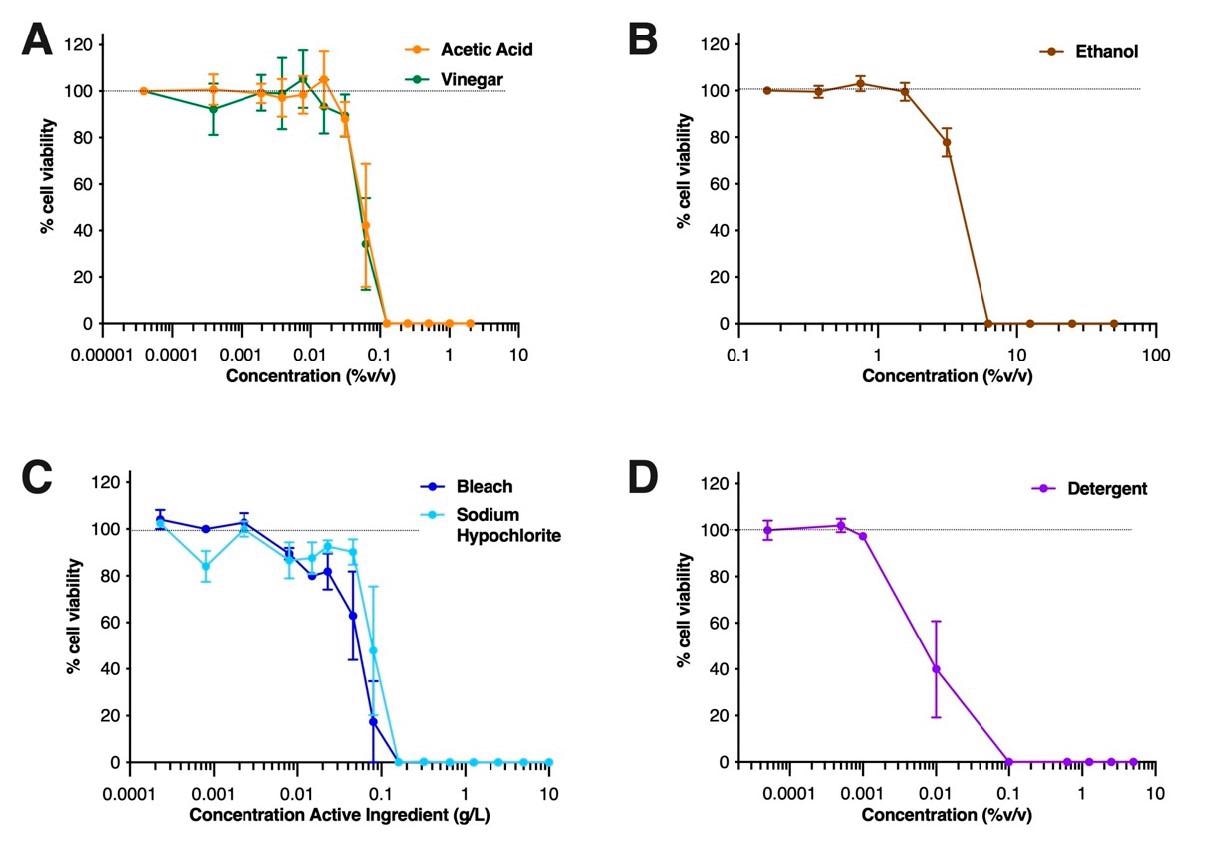The severe acute respiratory syndrome coronavirus 2 (SARS-CoV-2), the causal agent of the coronavirus disease 2019 (COVID-19), belongs to the family Coronaviridae of genus Betacoronavirus. The COVID-19 pandemic has significantly affected the global healthcare sector and economy. As a result, several pharmaceutical and non-pharmaceutical measures have been developed to prevent further transmission of SARS-CoV-2 in an effort to mitigate the current pandemic.
Background
Although vaccination has significantly reduced the mortality rate and severity of COVID-19, the continual transmission of SARS-CoV-2 among the human population has prolonged the pandemic. Owing to genomic mutations of SARS-CoV-2, several variants have emerged, with some new strains being more virulent and transmissible as compared to the original SARS-CoV-2 strain.
The World Health Organization (WHO) has classified these SARS-CoV-2 strains as variants of concern (VOC) and variants of interest (VOI) according to their ability to evade immune responses induced through vaccination or natural infection, transmissibility, and virulence.
Several studies have shown that SARS-CoV-2 that reaches the surface from an infected person during talking or coughing and can remain viable on these surfaces for a prolonged period. Since it is extremely difficult to obtain SARS-CoV-2 samples from environmental surfaces, limited evidence is documented on the possibility of viral transmission through this route.
Several studies have highlighted recent advancements in microbiocidal technologies. These studies reported the development of novel antiviral surface coatings and improved disinfectants that reduce the risk of surface contamination and the possibility of SARS-CoV-2 fomite transmission.
Moreover, the risk of SARS-CoV-2 fomite contamination at high-touch surfaces remains a great public health concern. According to a recent survey, 80% of respondents lacked information about how to disinfect their home appropriately to prevent SARS-CoV-2 transmission.
About the study
In a new Viruses study, researchers analyze different commonly available household cleaning products such as vinegar, bleach, dishwashing detergent, and ethanol to determine the most effective virucidal agent against SARS-CoV-2.
In this study, researchers tested different dilutions of the aforementioned products when used for 30 seconds and five minutes. A guide with the minimum dilution value for each product with retained antiviral activity was also included in the current study.
Study findings
Previous studies have indicated that respiratory viruses, such as SARS-CoV-2 and influenza, remain viable on surfaces for days to months. The current study tested the virucidal activity of household chemicals when in direct contact with SARS-CoV-2 in solution in a minimal volume.

Cytotoxicity of household chemicals on Vero cells: Vero cells were exposed to (A) vinegar or its active component, acetic acid, (B) ethanol, (C) bleach, or its active component, sodium hypochlorite, or (D) detergent, at various concentrations for 1 h at 37 °C, 5% CO2. Cells were microscopically examined for morphology, and after removal of the test solution, replicate dilutions were pooled and stained with the live/dead marker 7AAD by flow cytometry within 1 h. Graphs show mean % viable cells +/-SEM of data pooled from four independent experiments. The dotted line represents cell viability when in media alone (i.e., not exposed to any chemical).
To this end, up to a 1:200 dilution of bleach, a 1:500 dilution of dishwashing detergent, and at least 40% v/v of alcohol-containing solutions can effectively inactivate SARS-CoV-2. However, vinegar was found to be ineffective against the virus, even when used undiluted from the bottle.
The stability of SARS-CoV-2 infectivity was also assessed over multiple freeze-thaw cycles. To this end, the researchers found that SARS-CoV-2 remained remarkably stable and effective by up to seven freeze-thaw cycles. Importantly, the SARS-CoV-2 spike glycoprotein, which is present on the surface of this virus, is not susceptible to acetic acid or solution with acidic pH.
The current study confirms that ethanol in solution, even at a 40% concentration, can inactivate SARS-CoV-2. Additionally, ethanol-containing wipes or handwashes that typically contain more than 60% v/v alcohol can become ineffective if diluted below 40% v/v alcohol. Improper storage of the product can reduce its effectiveness against SARS-CoV-2.
Bleach could also inactivate SARS-CoV-2 at a maximum dilution of 1:200 in water within 30 seconds of exposure. The active ingredient in bleach is sodium hypochlorite, which remained fully active at a concentration as low as 0.21 g/L. Thus, the current findings indicate that laboratories should be cautious of not diluting bleach solutions beyond 10.5 g/L sodium hypochlorite to remain effective against SARS-CoV-2.
Household dishwashing detergent was also found to be effective in inactivating SARS-CoV-2 at a dilution as low as 1:500. The combination of bleach and detergent did not increase the virucidal activity substantially, as the virucidal effects of this combination were comparable with a single detergent solution against SARS-CoV-2.
Conclusions
Bleach, dishwashing liquid, and alcohol-containing solutions are common household products that are effective against SARS-CoV-2. However, vinegar did not exhibit virucidal activity against the viral pathogen.
Taken together, the current study identified several household products that can effectively decontaminate common surfaces, thus reducing the risk of SARS-CoV-2 transmission.
Journal reference:
- Almeida, C. F., Purcell, D. F. J., Godfrey, D. I., & McAuley, J. L. (2022) The Efficacy of Common Household Cleaning Agents for SARS-CoV-2 Infection Control. Viruses 14(4). doi:10.3390/v14040715